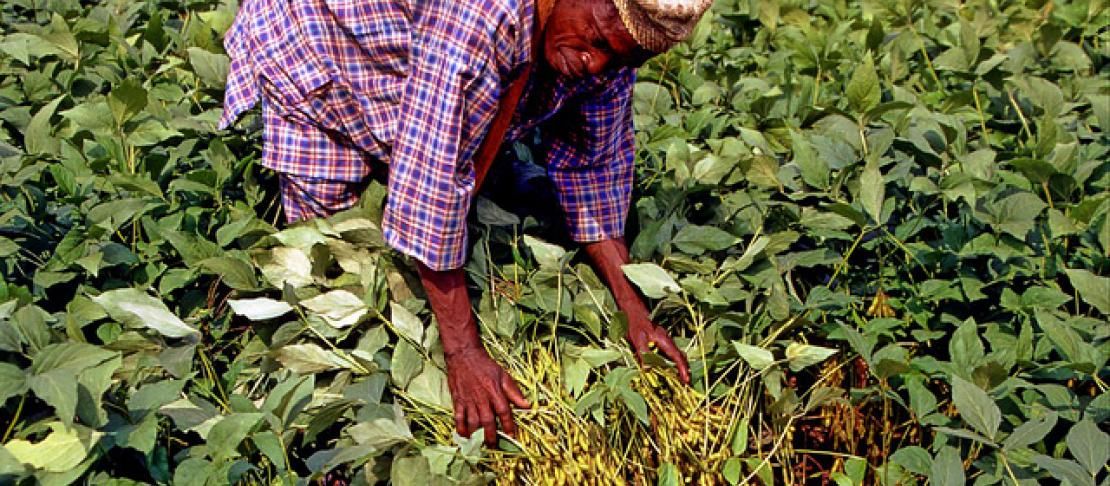Do farmers’ perceptions of climate change mirror historical meteorological analysis?

A field report from southwestern Nigeria
Farmers in southwestern Nigeria have observed and experienced great changes in rainfall, prolonged droughts and increase in temperature. This has threatened farming and subsequently food security and their livelihood, over the past 30 years. These are part of emerging results from a CIRCLE-funded research on ‘Perceptions and responses to climate change impacts, adaptive capacity and vulnerability among rural farmers in Southwestern Nigeria’.
Changing rainfall patterns influence farmers and pastoralists behaviour
What is obvious from observations in the field is the close link between climate and farming activates in the region of study. This is because the majority of farming practices are rain-fed. During in-depth interviews and focus group discussions the majority of farmers claimed that they “observe that rain falls for a short time and the duration is limited compared to the past 30 years,” writes Ayansina Ayanlade in his recent blog post on the CIRCLE website.
The majority of the farmers had experienced prolonged dry spells and the recurrence of drought. Nearly all the farmers perceived that the onset of rainfall is much later recently than over the last 30 years. They had also noticed that rainfall now ceases half way into the end of the normal wet season months. Most of the farmers claimed that the overall impacts of climate change on both crop and livestock are estimated to be highly negative, much more on maize, yam, and rice and unexpectedly high on cattle, chickens, pigs, sheep and goats.
“As yet, we have little idea of how farmers’ perception of climate change closely mirrors the climatic trend from the scientific meteorological analysis. The major objective of the next stage is to test whether farmer’s perceptions of climate change/variability are consistent with climatic trend analysis. The rural farmers awareness of climate change, its impacts and their specific adaptation measures, will be seen as science-driven assessments for appraising the trend of rainfall and temperature during rainy and dry season; patterns of onset; and length of rainy season with their seasonal variability,” concludes Ayansina in his blog
Read the original blog post on the ACU CIRCLE Blog Climate Change Debates: whose report will you believe? A field report from southwestern Niger
This study is being undertaken by Dr. Ayansina Ayanlade from Obafemi Awolowo University in Nigeria who is currently undertaking his fellowship with the CGIAR Research Program on Climate Change, Agriculture and Food Security (CCAFS). Using ethnographic and meteorological analysis, the study aims at comparing the climate change perceptions of both crop and livestock farmers with historical meteorological analysis. Field work was conducted in Akeredolu, Alaguntan, Faforiji, Igboho, Igbope, Ilora, Iseyin, Odemuyiwa, Kishi and Shaki. The study seeks to respond to the following research questions: (1) is rainfall and temperature vary/change in the study area over the past three decades?; (2) to what extent do rural farmers in Southwestern Nigeria perceive changes in climate?; and (3) how does rural farmers’ perception of climate change compare with the trends from historical climatic data?
The original story was writte by Dr. Ayansina Ayanlade, a CIRCLE Visiting Fellow being hosted by the CCAFS East Africa. The news update was written by Catherine Mungai, Partnerships and Policy Specialist at CCAFS East Africa.
